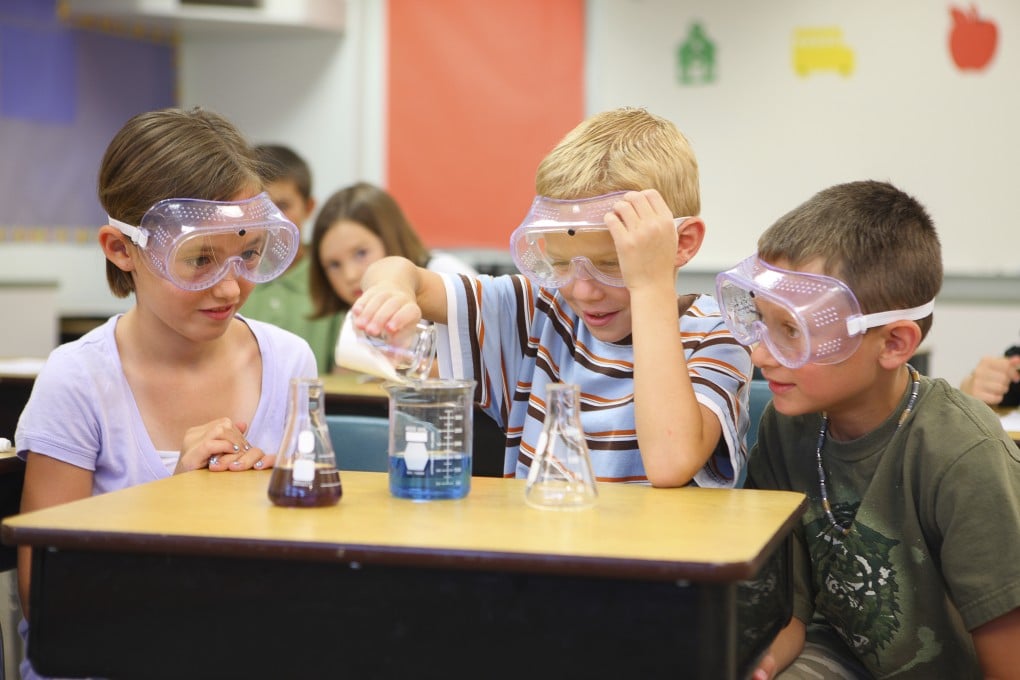Retired astronaut wants school science to reach a new orbit
How US schools are putting the fun back into science

Despite the subject's reputation, and the fact that schools treat it like the class where fun goes to die, children are more excited about science, on average, than maths, English and social studies, according to a new report.
"Kids come out of the chute liking science," retired Nasa astronaut Mae Jemison says. "They ask, 'How come? Why? What's this?' They pick up stuff to examine it. We might not call that science, but it's discovering the world around us."
Then something happens.
"Once we get them in school, we turn science from discovery and hands-on to something you're supposed to do through rote memorisation," says Jemison, who was the first African-American woman to travel in space when she flew the Space Shuttle Endeavour in 1992.
Jemison has teamed up with Bayer Corp to advance science literacy across the US by emphasising the importance of hands-on, inquiry-based learning opportunities in public schools. Bayer announced recently that it will provide one million hands-on science experiences for kids by 2020.
In advance of the announcement, Bayer commissioned a survey of teachers and educators about children's relationship to science.
